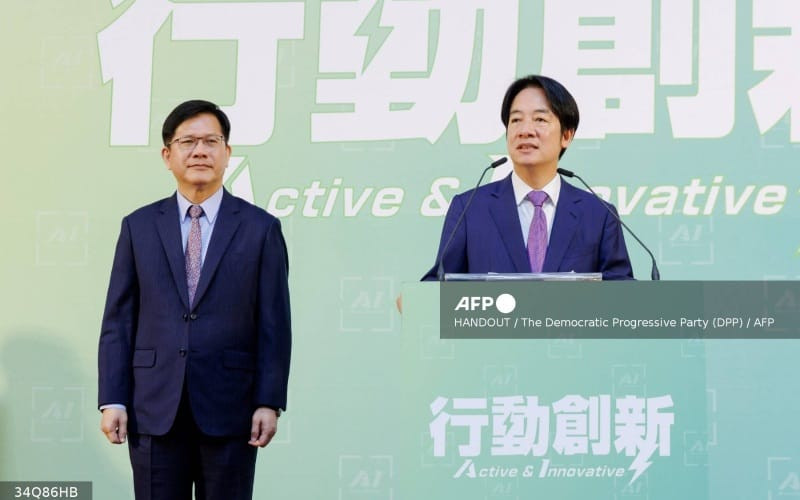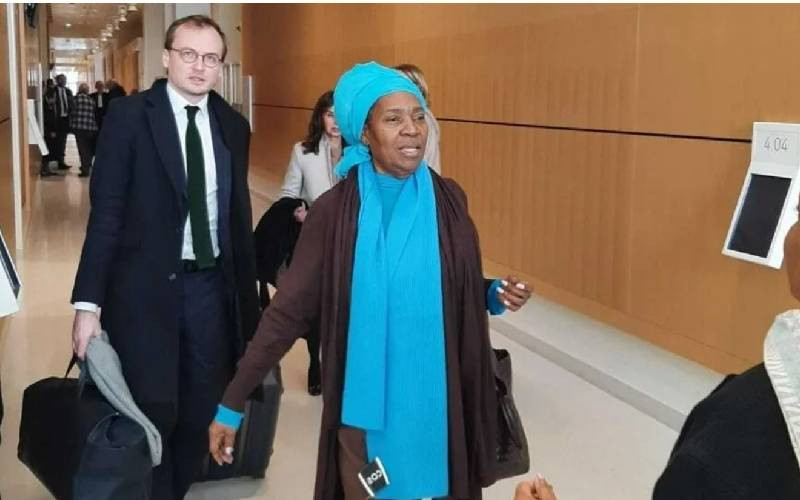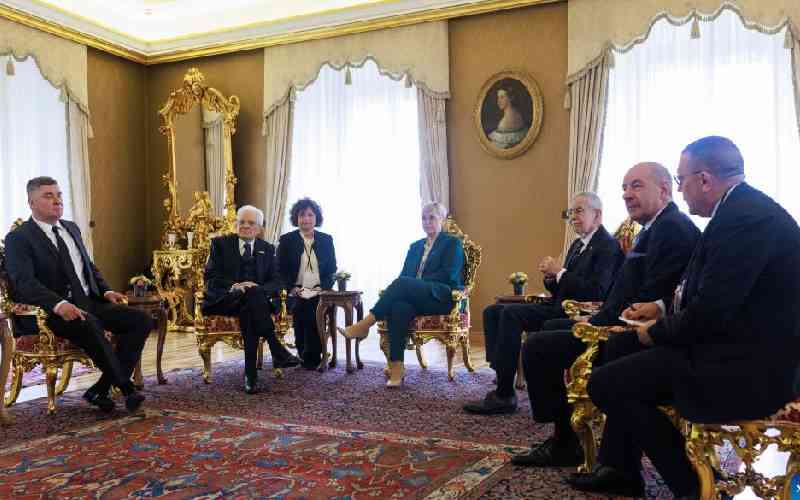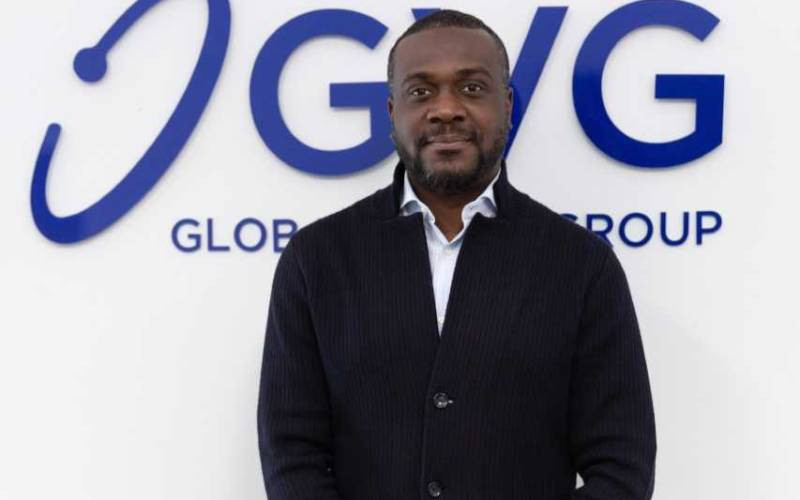Kenya: The President and the Chief Justice recently made a significant and magnanimous national gesture and acknowledged historical injustices, political detentions, assassinations and political violations.
The Chief Justice's apology was made to Kenyans on behalf of the Kenyan judicial system, but deeper examination of the realities of yesteryears is called-for to highlight the underlying transgressions that led to complete erosion of the rule of law, justice and human rights.
Sad as it may sound, there was one breed of professionals which allowed themselves, time and again, consistently and over decades to be unashamedly used to pervert justice – lawyers.
The legal profession is not only comprised of advocates in private practice. Attorney generals, solicitor generals, public prosecutors, judges and magistrates are advocates who swear an oath akin to the doctors' Hippocratic Oath. They are by law and ipso facto also members of the Law Society of Kenya.
It must first be acknowledged that those engaged in acts to pervert the course of justice were judges – in the then Court of Appeal and High Court – and the magistrates all (or most) qualified in law and members of the Law Society.
Second, the other arm of judicial system – the prosecutors –were similarly trained lawyers, also members of the Law Society. These comprised the various cadres from the attorney-general, downwards to the prosecutors.
The lethal combination of compromised, corrupt or even indifferent judicial officers who bent backwards to accommodate equally lopsided, partisan and blind prosecutors to engage in actions or inactions have largely remained unacknowledged.
There was hope at one time of addressing these matters through the Truth, Justice and Reconciliation Commission – but that opportunity went begging and was wasted with TJRC churning out a half-baked report amidst its infighting.
Generally, Kenyans have a habit of only remembering the high and the mighty when it comes to injustices.
Yes, they do and did personify the indiscriminate misuse of the law but the rights of an average Kenyan were also trampled upon for decades, with the Judiciary and prosecutors always working in contrived concert.
It is difficult to forget the plight of the likes of Matiba, Rubia, Raila, Koigi Wamwere, Martin Shikuku, Kariuki Kiboi, Ngugi wa Thiong'o, Anyona, Mwathiga, lawyers Kamau Kuria, Khaminwa, Ruben Kimathia and Mirugi Kariuki and hundreds of so called "Mwakenya" suspects.
These prosecutions, detentions and incarcerations and denial of bail for years was wrongfully condoned by lawyers – who should have known better.
The system was such that nobody cared if the rights of the less fortunate were eroded.
There have been documented instances when the courts forgot remanded prisoners for years, and petty criminals convicted for short terms spent years in jail with the highest court in the land stating that on matters of fundamental rights it had no jurisdiction!
The Judiciary was so blind as to disregard Constitutional safeguards. It took over 40 years of judicial work to realise the 24-hour detention rule for arrested suspects was a cardinal protection and it took 43 years and 10 Chief Justices after independence to promulgate rules in the old Constitution to safeguard fundamental rights!
Stay informed. Subscribe to our newsletter
All those engaged in these 'sensitive' cases – both judicial officers and prosecutors – were rewarded with undeserved promotions and properties. If an honest audit of the properties owned by former prosecutors and judges and magistrates is conducted, there would be incontrovertible evidence of State properties being allocated for favours rendered.
Lawyers, magistrates and judges headed organisations such as the Detention Review Tribunal. Yet highly-placed legal officers were hypocritical, indifferent, and bent only on serving the interests of the executive.
Of concern is that there still are remnants of these oldies working, some in the Judiciary, others in the prosecution and some in other quasi-judicial offices. Such is the apathy of Kenyans that they wouldn't dare not speak when appointments are made of lawyers who should not be near any law-enforcing agency!
Injustice in the name of perverted justice must be accounted for, for posterity.
The apology of the President and the Chief Justice is incomplete and half-hearted without an apology from the Attorney – General, the Director of Public Prosecutions and the Chairman of the Law Society of Kenya.
Sometimes when I close my eyes and think about the traumatic judicial world in post-independent Kenya, I honestly begin to agree with the murderous thoughts of William Shakespeare, when he said in King Henry, "The first thing we do, kill all lawyers."
 The Standard Group Plc is a
multi-media organization with investments in media platforms spanning newspaper
print operations, television, radio broadcasting, digital and online services. The
Standard Group is recognized as a leading multi-media house in Kenya with a key
influence in matters of national and international interest.
The Standard Group Plc is a
multi-media organization with investments in media platforms spanning newspaper
print operations, television, radio broadcasting, digital and online services. The
Standard Group is recognized as a leading multi-media house in Kenya with a key
influence in matters of national and international interest.
 The Standard Group Plc is a
multi-media organization with investments in media platforms spanning newspaper
print operations, television, radio broadcasting, digital and online services. The
Standard Group is recognized as a leading multi-media house in Kenya with a key
influence in matters of national and international interest.
The Standard Group Plc is a
multi-media organization with investments in media platforms spanning newspaper
print operations, television, radio broadcasting, digital and online services. The
Standard Group is recognized as a leading multi-media house in Kenya with a key
influence in matters of national and international interest.









